Emerging economies spurn U.S. WTO talks move
The United States offered Tuesday to cut official aid to its farmers by USD 2bn a year, AFP says.
Tuesday, 22.07.2008.
17:44

The United States offered Tuesday to cut official aid to its farmers by USD 2bn a year, AFP says. The proposal came in a bid to spur movement at WTO trade talks but found no support from key player Brazil. Emerging economies spurn U.S. WTO talks move "Nice try," said a member of the Brazilian delegation to an offer from Washington to pare back its average annual farm subsidies to USD 15bn. He said the proposed new level was "still too high." The exchange, highlighting an ominous gulf between developed and emerging market countries, came as ministers from 35 nations met in Geneva to break a seven-year deadlock in the Doha round of trade liberalization negotiations. Emerging markets have voiced frustration at what they say have been inadequate offers on market-opening measures from rich participants such as the United States and the European Union. On Tuesday, U.S. Trade Representative Susan Schwab said the world's largest economy would cut its farm subsidies in exchange for an "ambitious market access outcome." She stressed that the offer was conditional on improved access to emerging markets for industrial products and a guarantee that U.S. farm subsidies would not face any further legal action at the World Trade Organization. "These cuts will deliver effective and significant reductions in trade distorting domestic support," she told journalists. "These reductions are not offered in isolation and must be accompanied by significant market openings" in both agriculture and industrial products, she insisted. The U.S. move came after an abortive attempt by EU Trade Commissioner Peter Mandelson to jolt the talks into movement on Monday with an announcement that the European Union was now ready to extend tariff cuts on agricultural products to 60 percent from 54 percent. But even Mandelson's fellow EU commissioner Mariann Fischer-Boel said the offer was "nothing new" and Brazil dismissed it as "propaganda." The EU, as is the United States, is linking concessions in farm trade to steps by emerging countries to take in more manufactured goods. Argentine negotiator Nestor Stancanelli said he saw "real negotiations" as beginning only Tuesday, pointing to the so-called NAMA component - relating to industrial products - as a main sticking point. "The NAMA text, for many of us, does not reflect the positions of many members ... The NAMA text is presented as if it were already a result," he said. The absence of Indian Commerce Minister Kamal Nath, an important participant who is in New Delhi where the government faces a no-confidence vote later on Tuesday, was further hampering the process here. But India's Commerce Secretary Gopal Pillai told AFP that Nath would be in Geneva early on Wednesday, no matter the outcome of the vote. "He'll be here sharp. No matter what," said Pillai who is leading the Indian delegation in the meantime. India is a critical party in the negotiations as it rallies developing nations whose economies include large numbers of smallhold farmers. Nath has said that New Delhi would not sacrifice the interests of its millions of subsistence farmers to clinch a global trade deal.
Emerging economies spurn U.S. WTO talks move
"Nice try," said a member of the Brazilian delegation to an offer from Washington to pare back its average annual farm subsidies to USD 15bn.He said the proposed new level was "still too high."
The exchange, highlighting an ominous gulf between developed and emerging market countries, came as ministers from 35 nations met in Geneva to break a seven-year deadlock in the Doha round of trade liberalization negotiations.
Emerging markets have voiced frustration at what they say have been inadequate offers on market-opening measures from rich participants such as the United States and the European Union.
On Tuesday, U.S. Trade Representative Susan Schwab said the world's largest economy would cut its farm subsidies in exchange for an "ambitious market access outcome."
She stressed that the offer was conditional on improved access to emerging markets for industrial products and a guarantee that U.S. farm subsidies would not face any further legal action at the World Trade Organization.
"These cuts will deliver effective and significant reductions in trade distorting domestic support," she told journalists.
"These reductions are not offered in isolation and must be accompanied by significant market openings" in both agriculture and industrial products, she insisted.
The U.S. move came after an abortive attempt by EU Trade Commissioner Peter Mandelson to jolt the talks into movement on Monday with an announcement that the European Union was now ready to extend tariff cuts on agricultural products to 60 percent from 54 percent.
But even Mandelson's fellow EU commissioner Mariann Fischer-Boel said the offer was "nothing new" and Brazil dismissed it as "propaganda."
The EU, as is the United States, is linking concessions in farm trade to steps by emerging countries to take in more manufactured goods.
Argentine negotiator Nestor Stancanelli said he saw "real negotiations" as beginning only Tuesday, pointing to the so-called NAMA component - relating to industrial products - as a main sticking point.
"The NAMA text, for many of us, does not reflect the positions of many members ... The NAMA text is presented as if it were already a result," he said.
The absence of Indian Commerce Minister Kamal Nath, an important participant who is in New Delhi where the government faces a no-confidence vote later on Tuesday, was further hampering the process here.
But India's Commerce Secretary Gopal Pillai told AFP that Nath would be in Geneva early on Wednesday, no matter the outcome of the vote.
"He'll be here sharp. No matter what," said Pillai who is leading the Indian delegation in the meantime.
India is a critical party in the negotiations as it rallies developing nations whose economies include large numbers of smallhold farmers.
Nath has said that New Delhi would not sacrifice the interests of its millions of subsistence farmers to clinch a global trade deal.











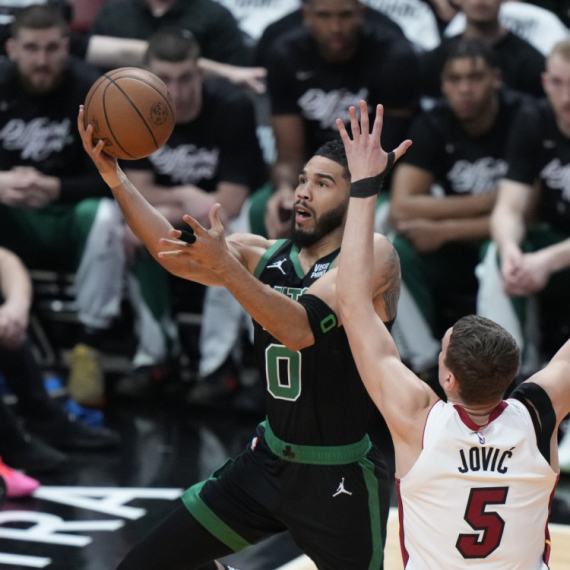

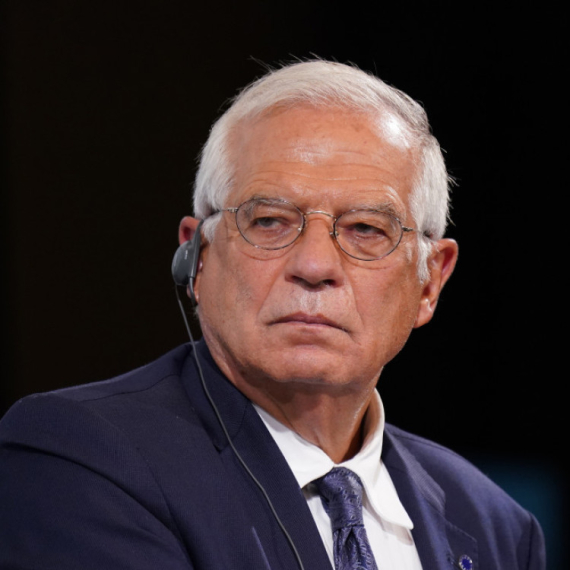
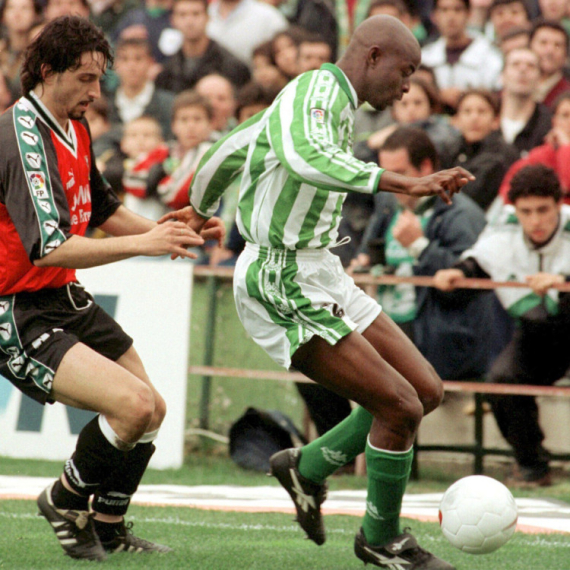

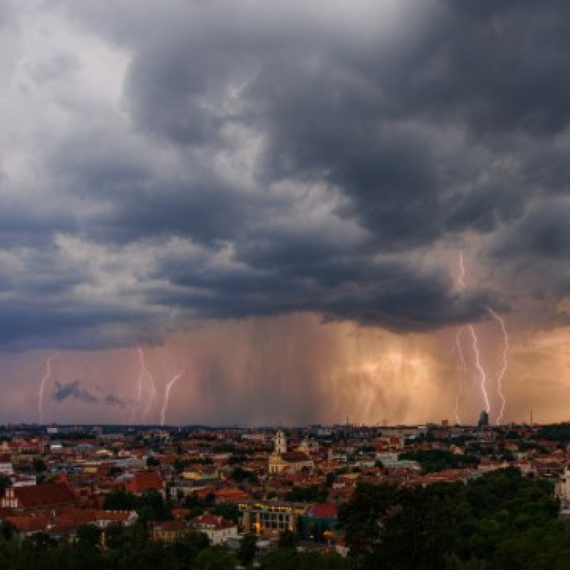
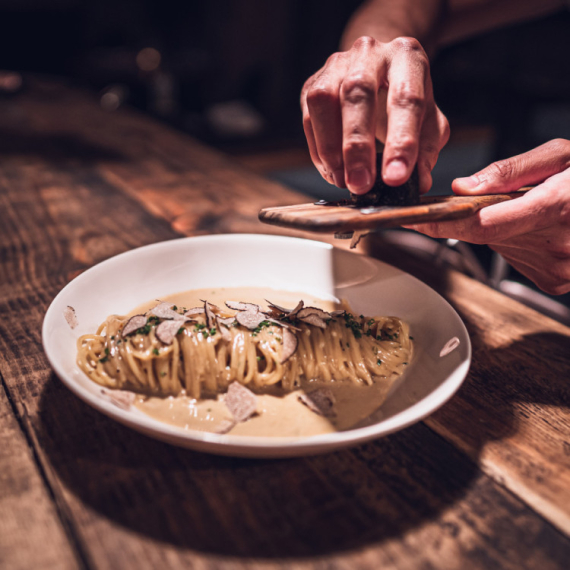
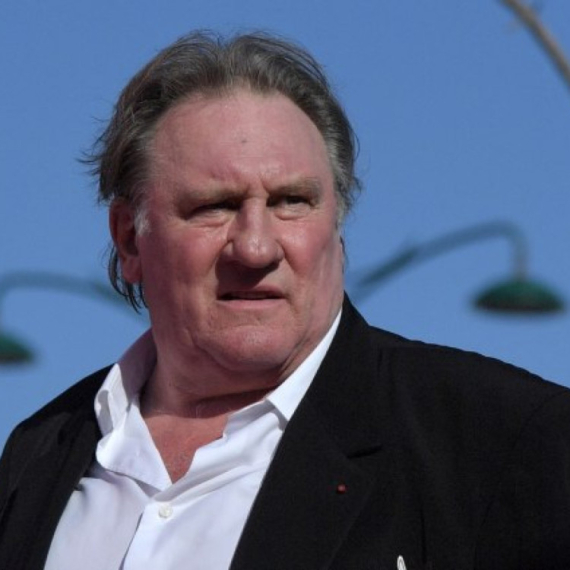


















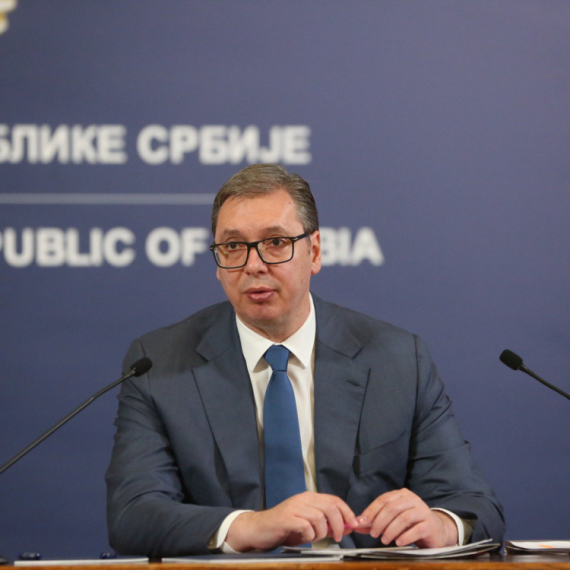




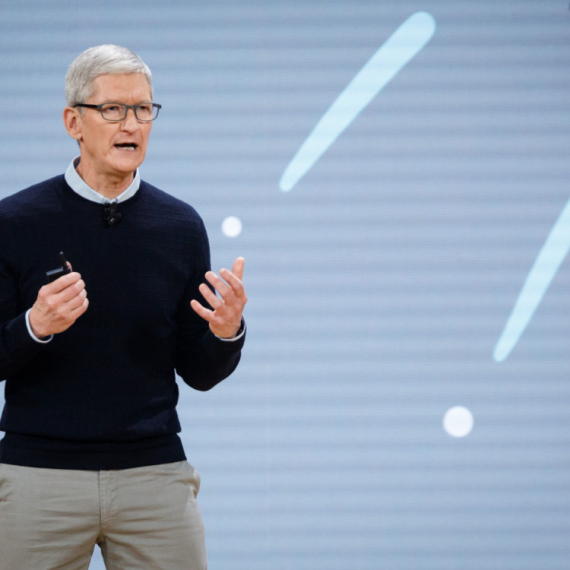





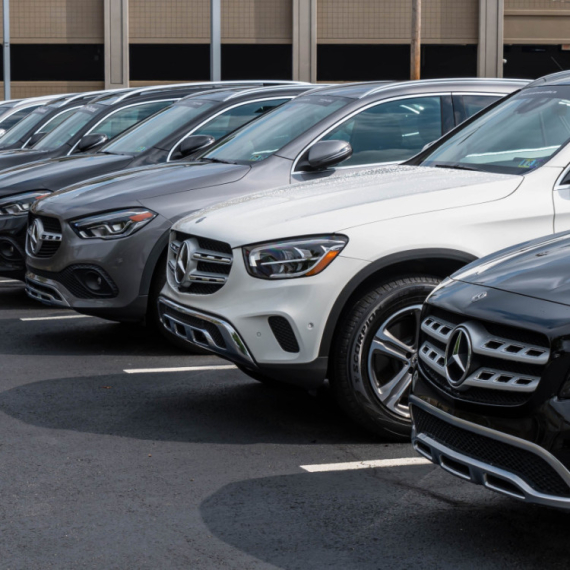



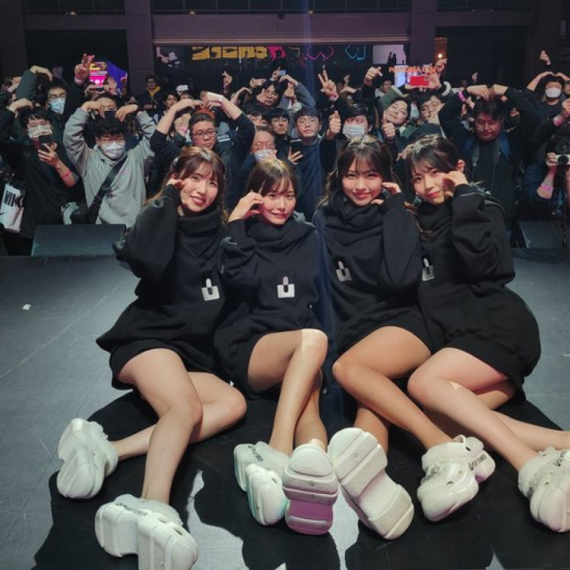





Komentari 0